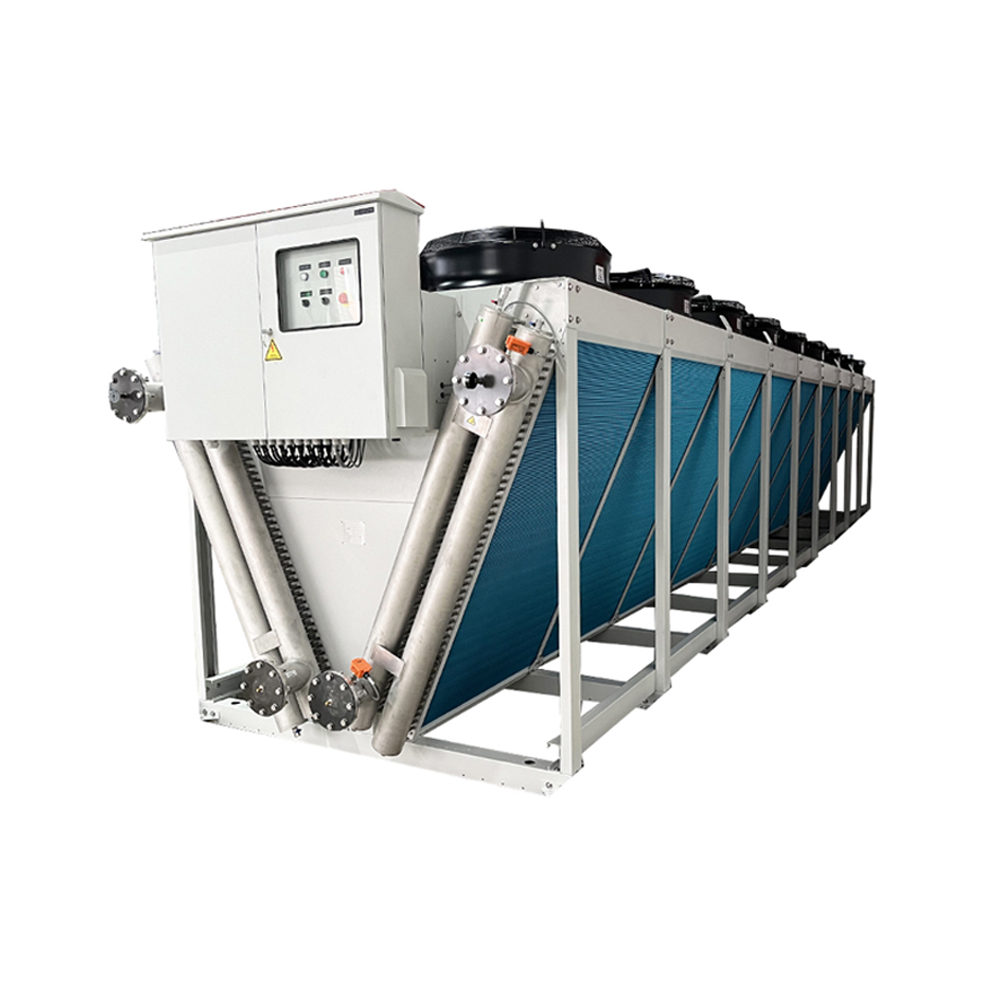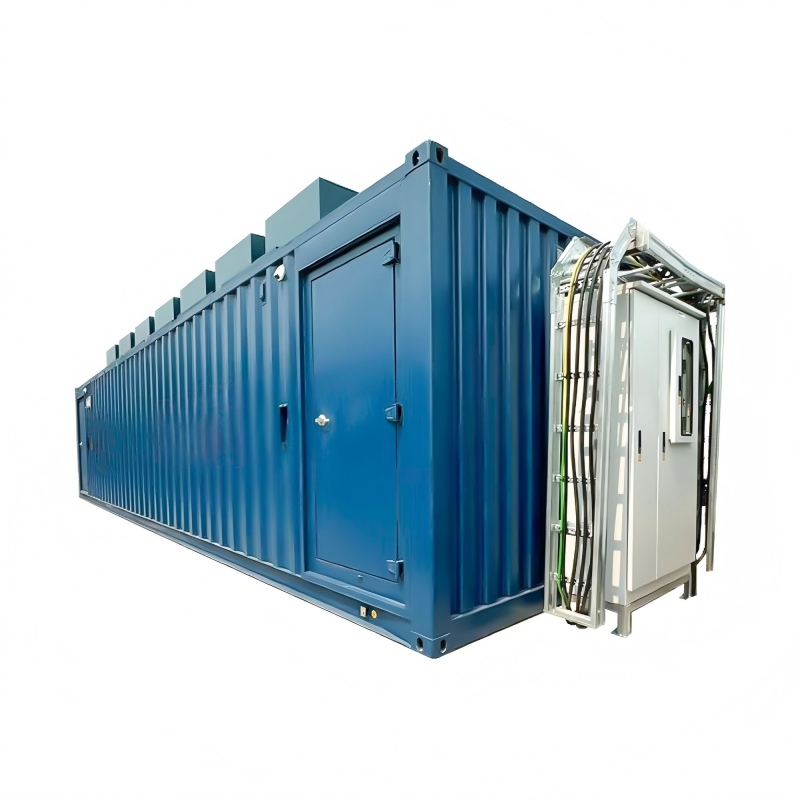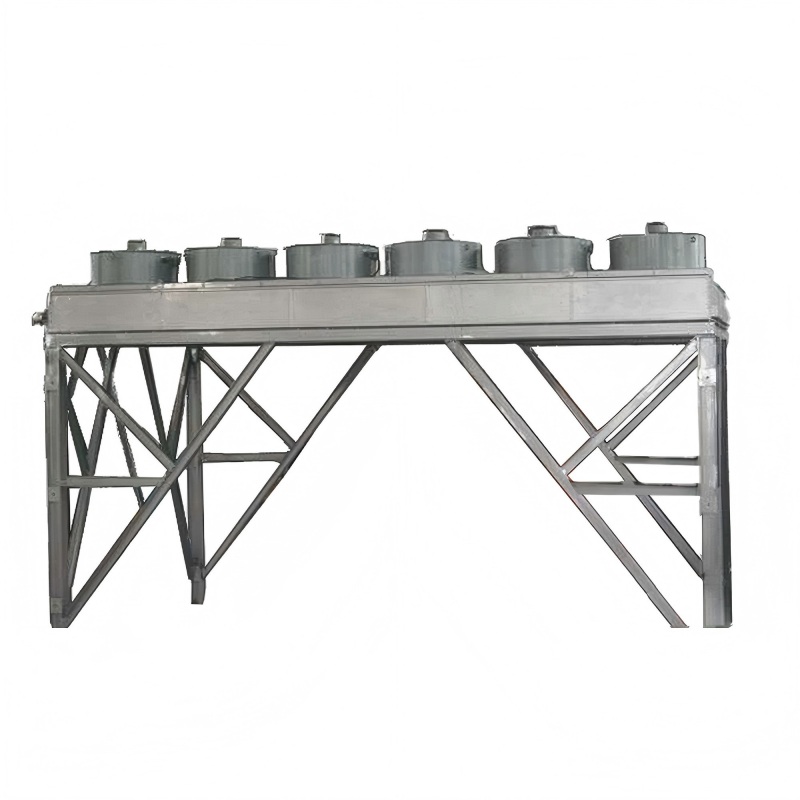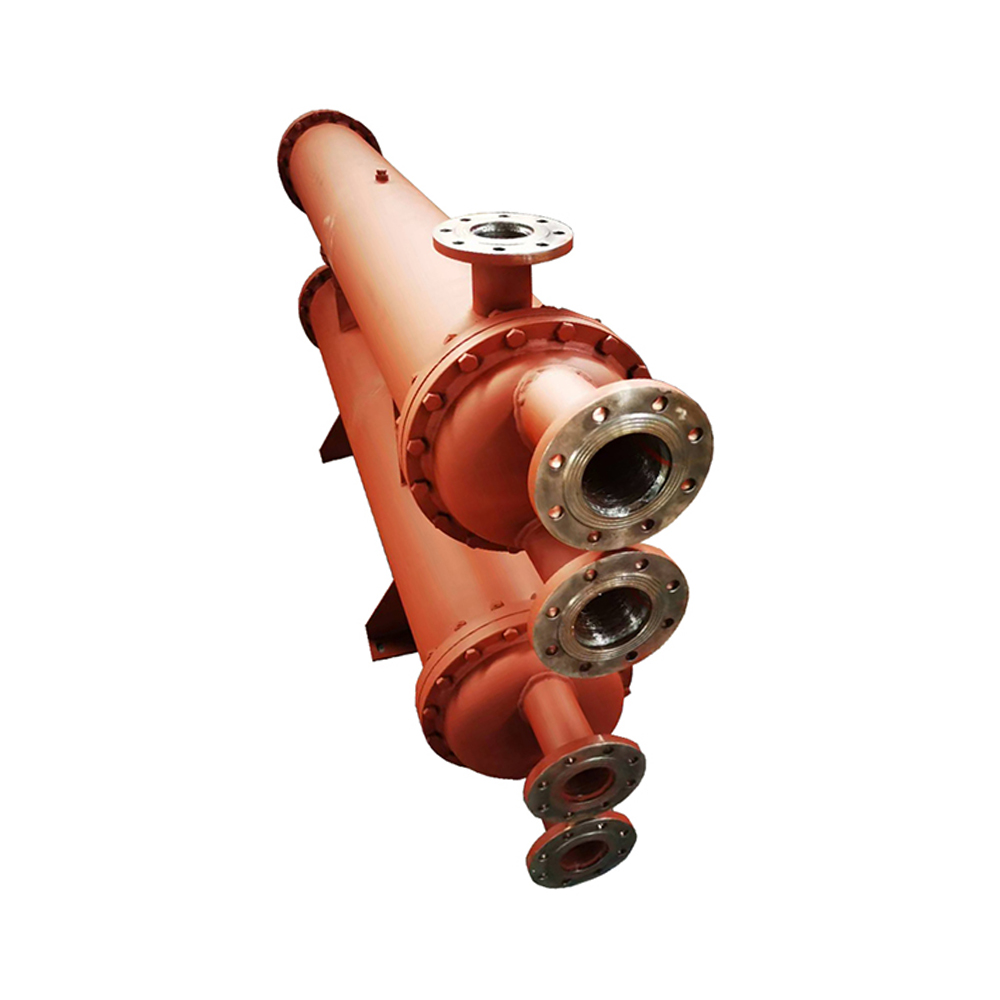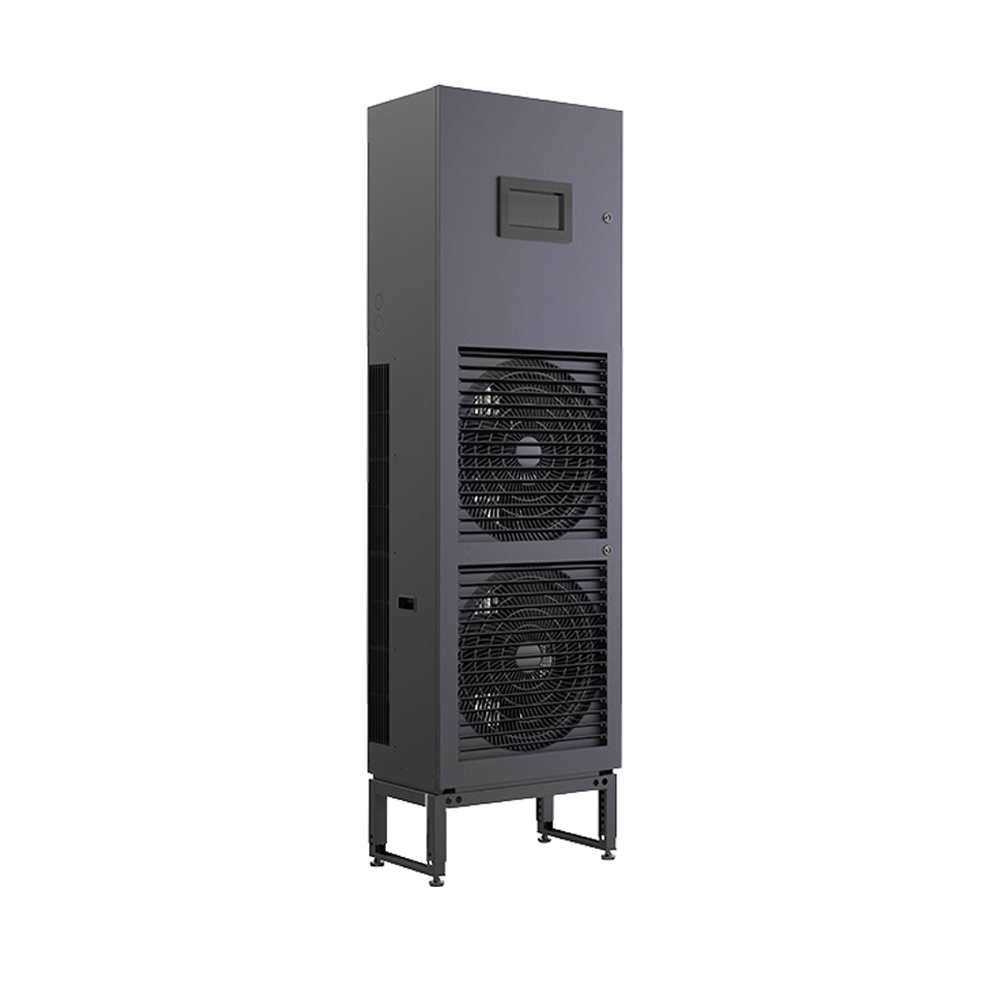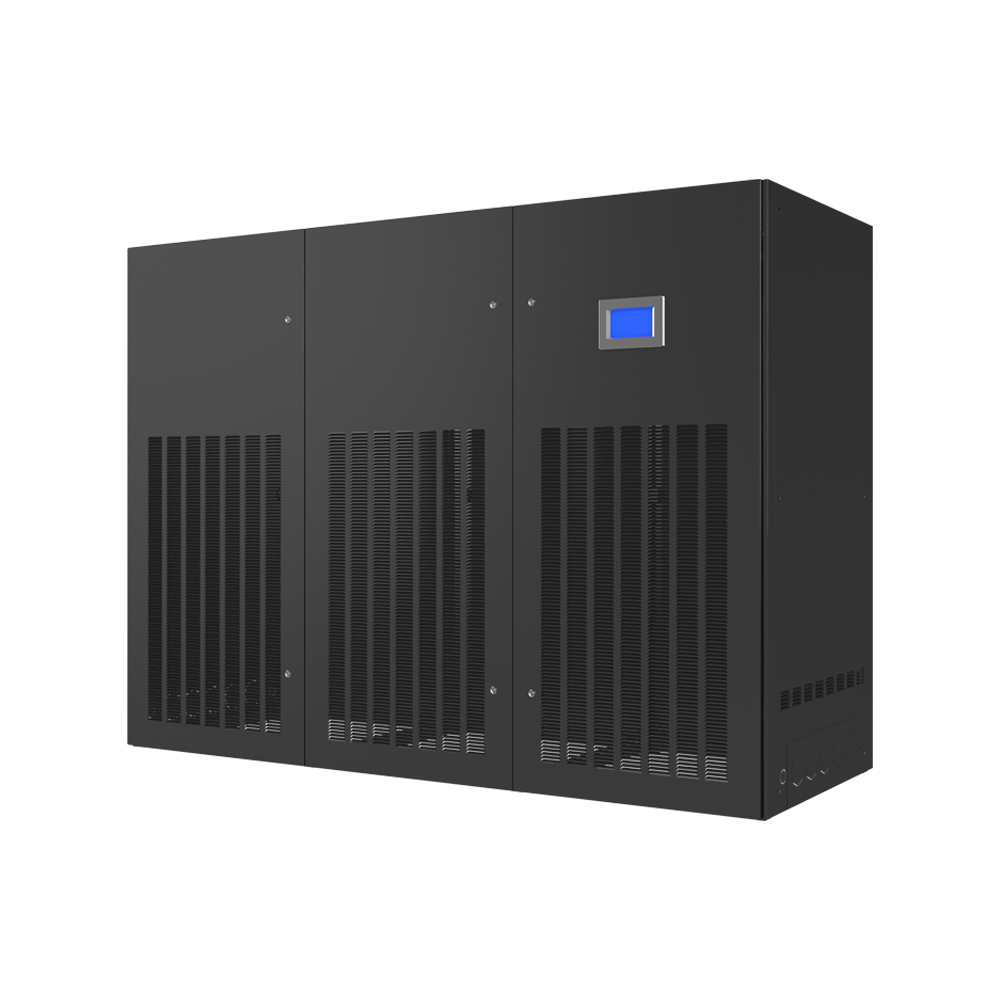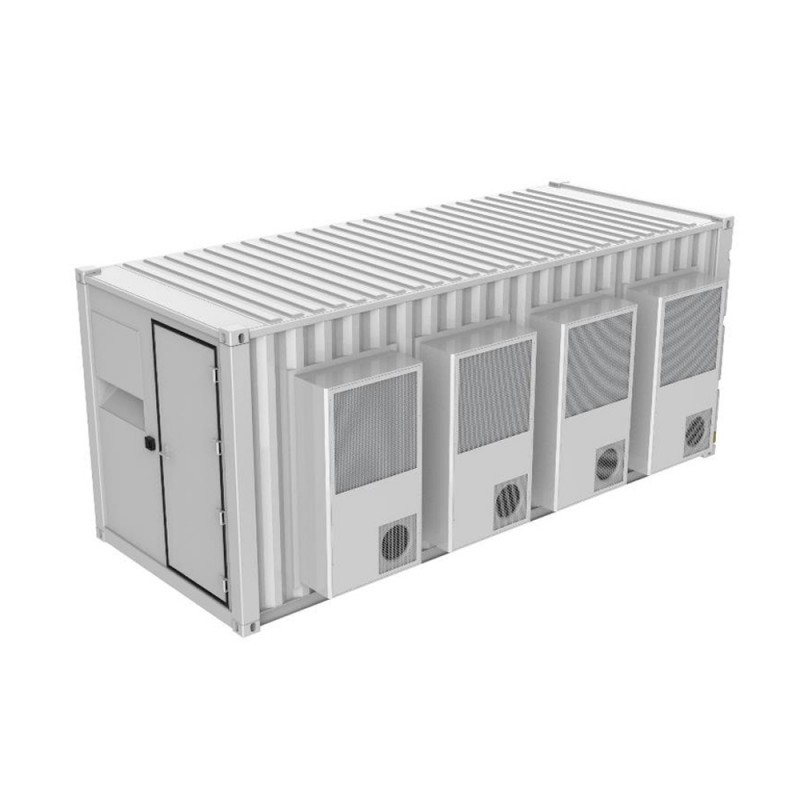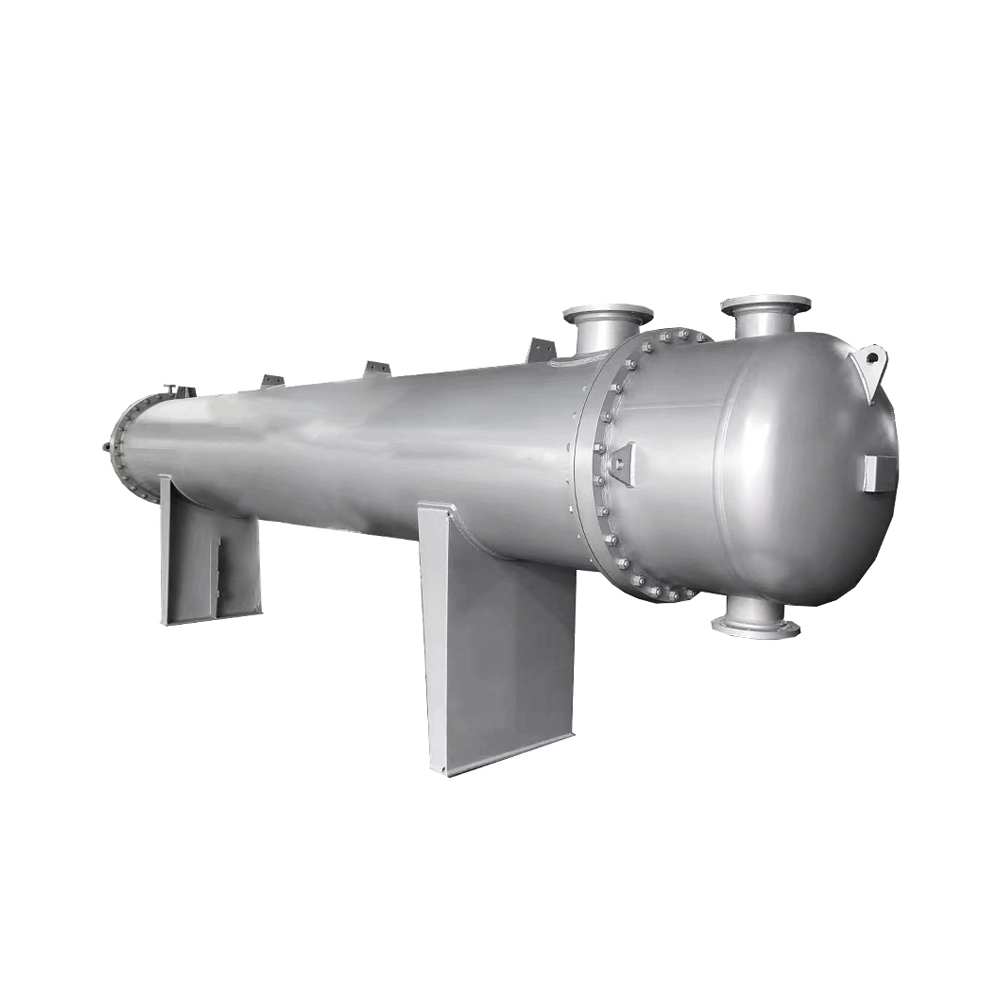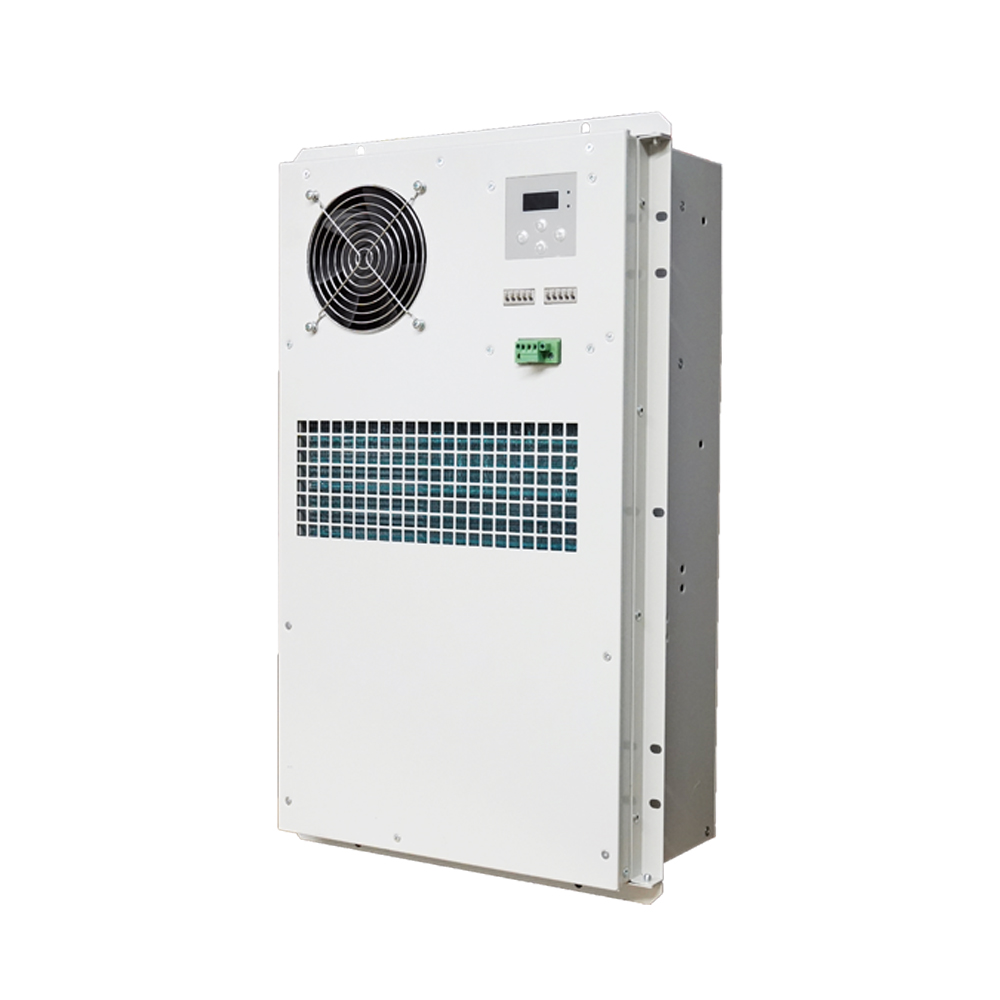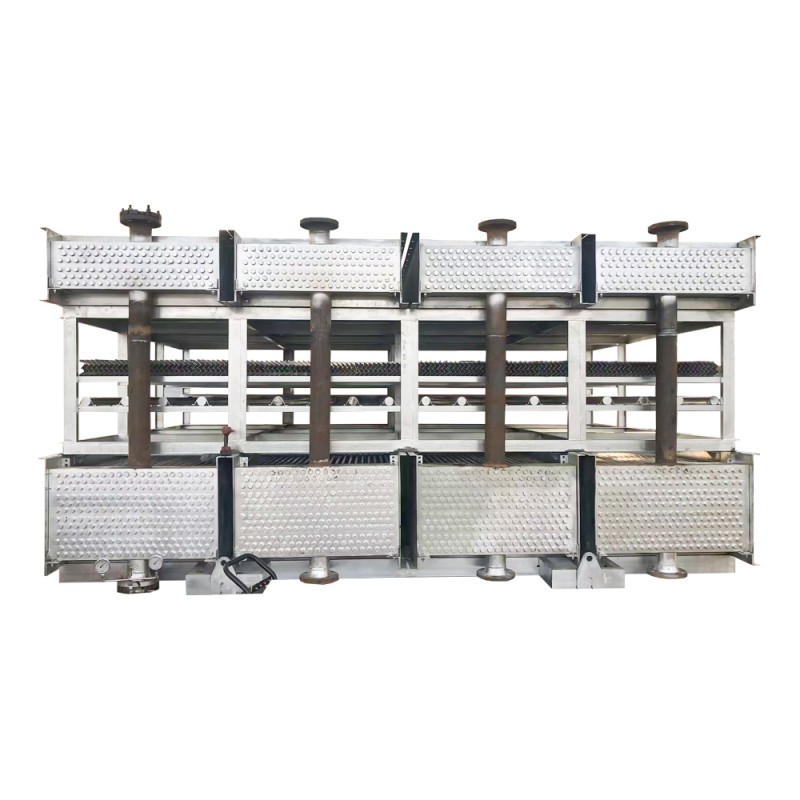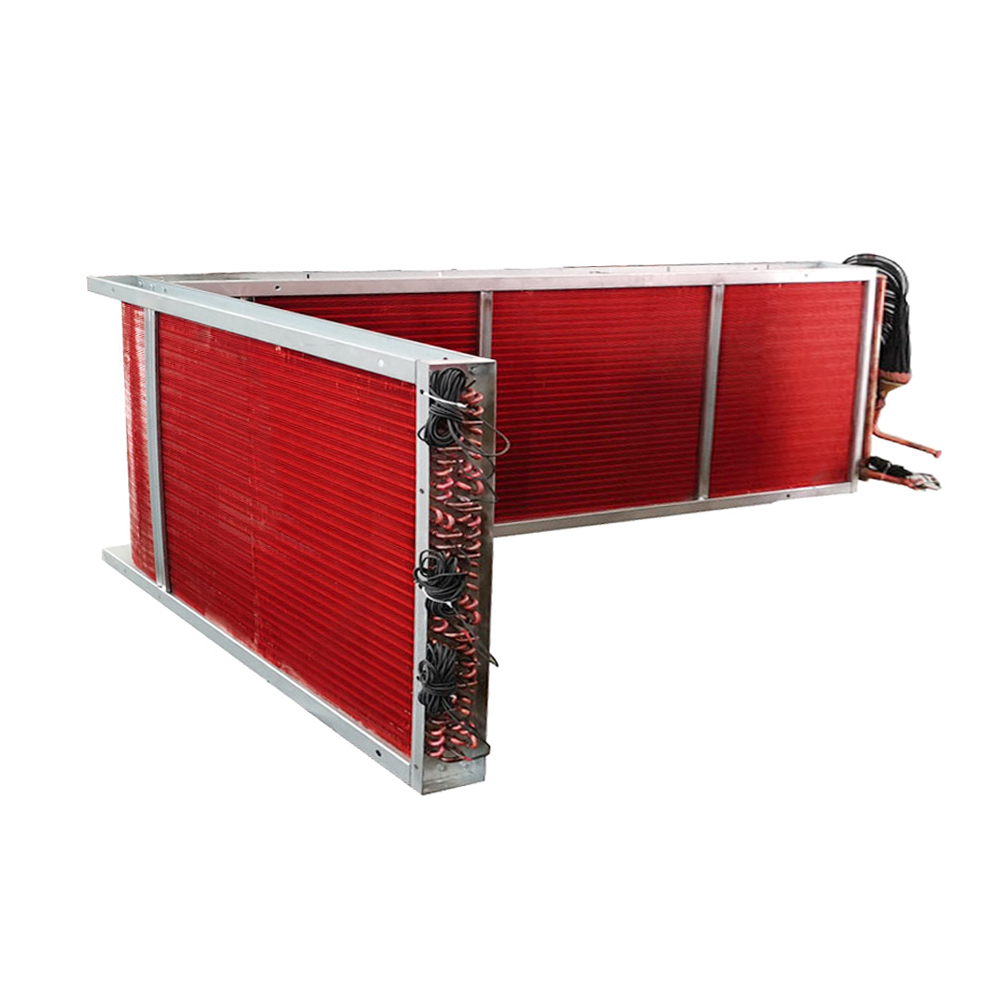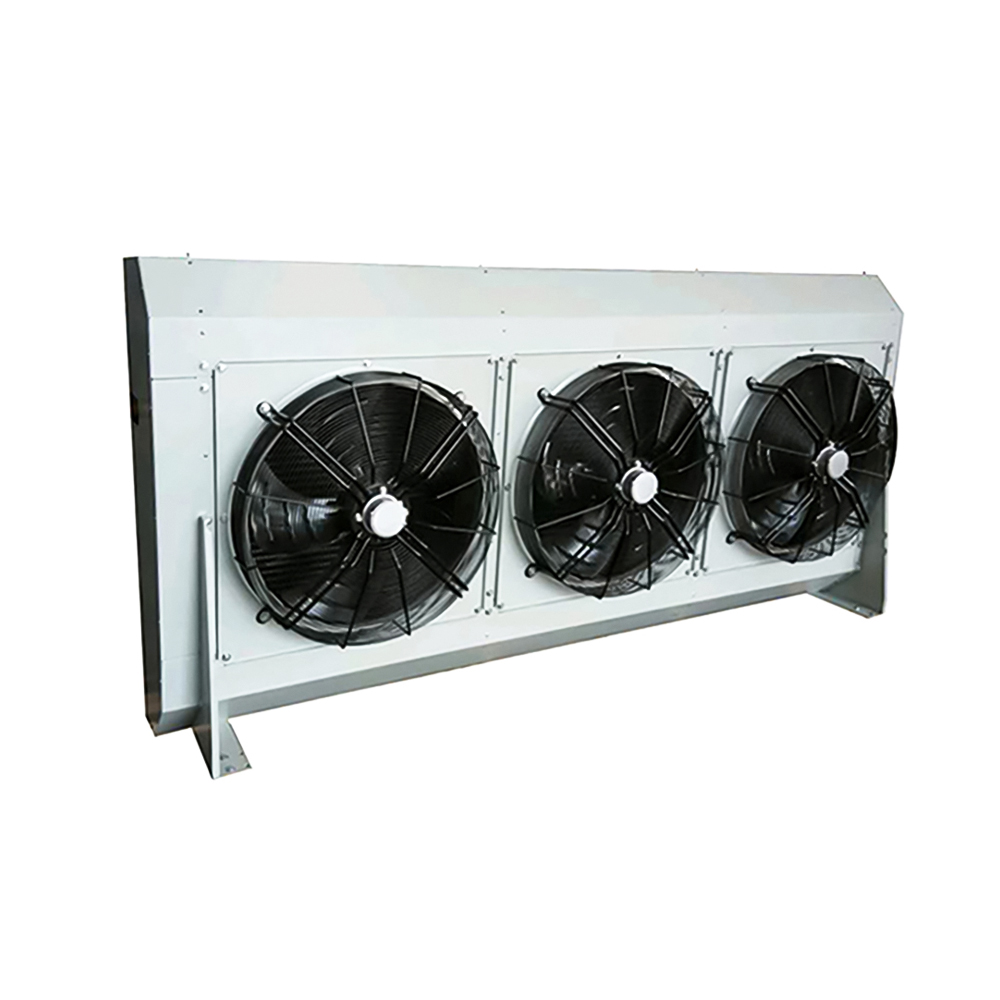Dry Coolers: A Comprehensive Guide for HVAC Professionals and FactoriesChoosing the right dry coolers is crucial for efficient and reliable HVAC systems in factories. This guide provides an in-depth look at various aspects of dry coolers, helping you make informed decisions for your industrial cooling needs.
Understanding Dry Coolers in HVAC Factory Settings
What are Dry Coolers?
Dry coolers, also known as air-cooled condensers, are crucial components of industrial HVAC systems. Unlike water-cooled systems, they dissipate heat directly into the ambient air using fans and a finned coil. This makes them a versatile solution for various factory environments, especially where water resources are limited or cooling tower maintenance is challenging. Their effectiveness hinges on the efficient transfer of heat from the refrigerant to the air. Factors like ambient temperature, airflow, and coil design significantly impact performance. Choosing the right
dry cooler for your
HVAC factory is essential for optimal operation and energy efficiency.
Types of Dry Coolers
Several types of
dry coolers cater to diverse industrial needs. These include: Forced Draft Dry Coolers: These utilize fans to pull air across the condenser coils, ensuring efficient heat dissipation. Induced Draft Dry Coolers: These employ fans to push air across the coils, offering advantages in specific applications. Air Cooled Chillers with Dry Coolers: This integrated system combines the chiller and
dry cooler, streamlining installation and maintenance.The choice depends on factors like available space, airflow requirements, and noise considerations. Consulting with an expert, like those at Shanghai SHENGLIN M&E Technology Co., Ltd. (
https://www.ShenglinCoolers.com/), can ensure the right fit for your
HVAC factory.
Factors to Consider When Selecting Dry Coolers for Your Factory
Capacity and Performance
The cooling capacity of a
dry cooler must match the requirements of your
HVAC factory system. Consider factors such as the heat load, ambient temperature, and desired operating temperature. Incorrect sizing can lead to inefficient operation or system failure. Consulting the manufacturer's specifications and working with a qualified HVAC professional is paramount.
Efficiency and Energy Consumption
Energy efficiency is a key consideration. Look for
dry coolers with high EER (Energy Efficiency Ratio) ratings. Features like variable-speed fans, optimized coil designs, and efficient heat transfer mechanisms contribute to lower energy consumption and reduced operational costs.
Maintenance and Durability
Regular maintenance is essential for optimal performance and longevity. Choose
dry coolers with readily accessible components for easy cleaning and servicing. Durable materials and robust construction ensure long-term reliability in demanding factory environments.
Dry Coolers vs. Other Cooling Systems
| Feature | Dry Coolers | Water-Cooled Systems |
| Water Usage | Minimal to None | Significant |
| Maintenance | Relatively Low | Higher (cooling tower maintenance) |
| Installation | Generally Easier | More Complex (piping and cooling tower) |
| Environmental Impact | Lower water consumption | Higher water consumption and potential for legionella |
Choosing the Right Dry Cooler for Your HVAC Factory: A Step-by-Step Guide
1. Assess your cooling needs: Determine the required cooling capacity based on your factory's heat load.2. Consider environmental factors: Account for ambient temperature variations and available space.3. Evaluate energy efficiency: Prioritize
dry coolers with high EER ratings.4. Select a reputable supplier: Choose a supplier with a strong track record and excellent customer support. Shanghai SHENGLIN M&E Technology Co., Ltd. is a leading provider of high-quality
dry coolers.5. Plan for installation and maintenance: Ensure proper installation and establish a regular maintenance schedule.By carefully considering these factors, you can select the optimal
dry coolers for your
HVAC factory, ensuring efficient, reliable, and cost-effective cooling performance. Remember to consult with HVAC professionals for tailored advice and support.









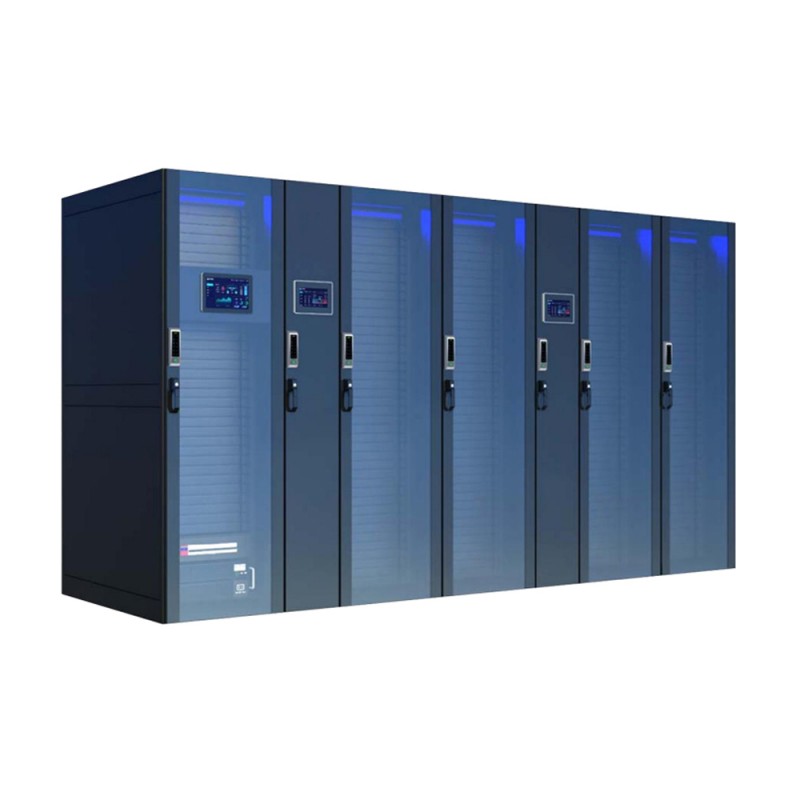
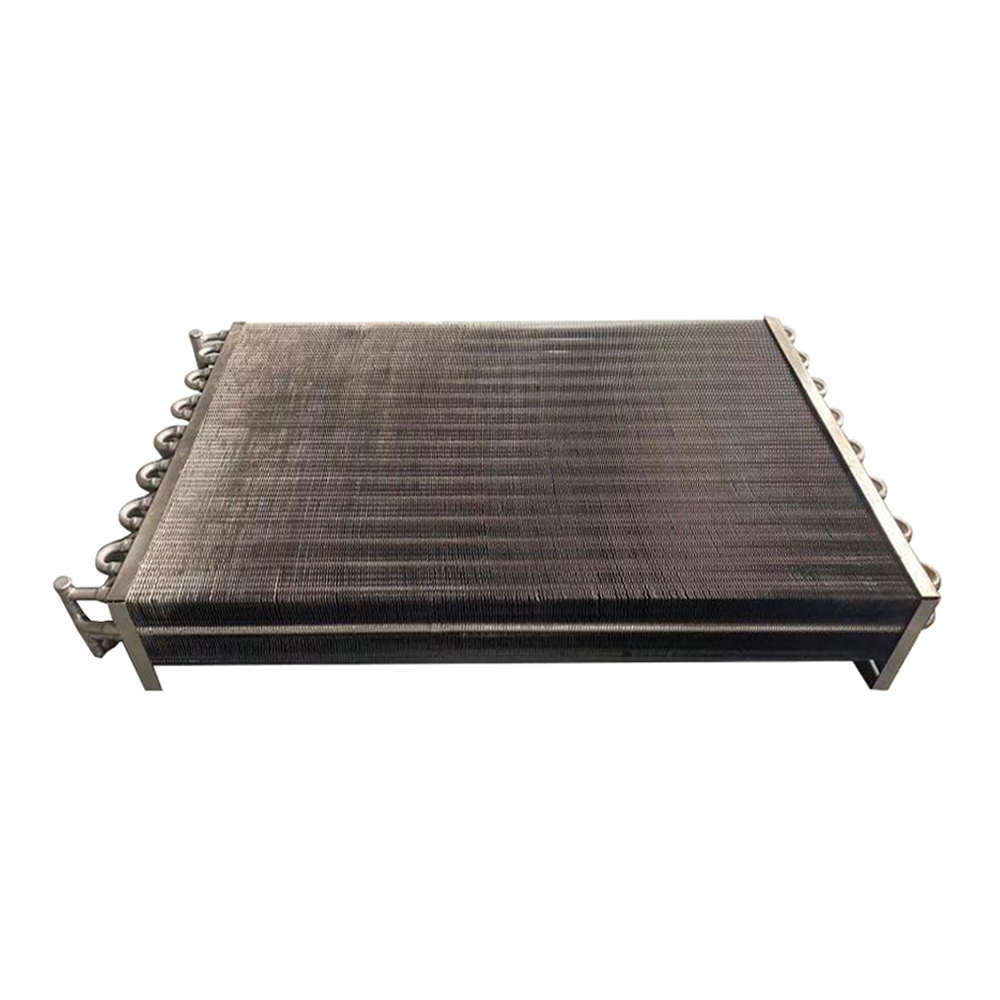
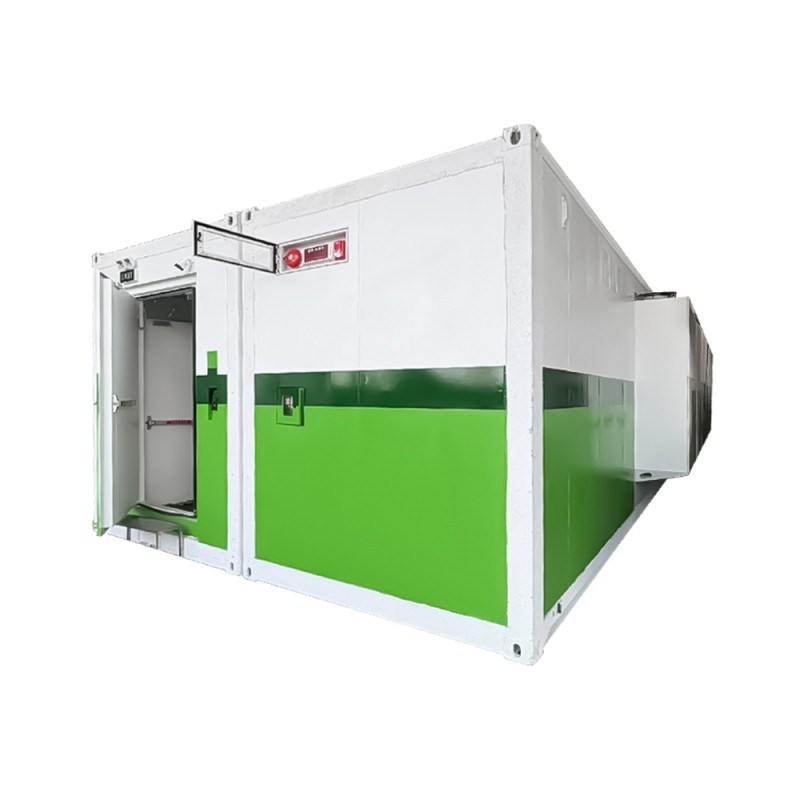
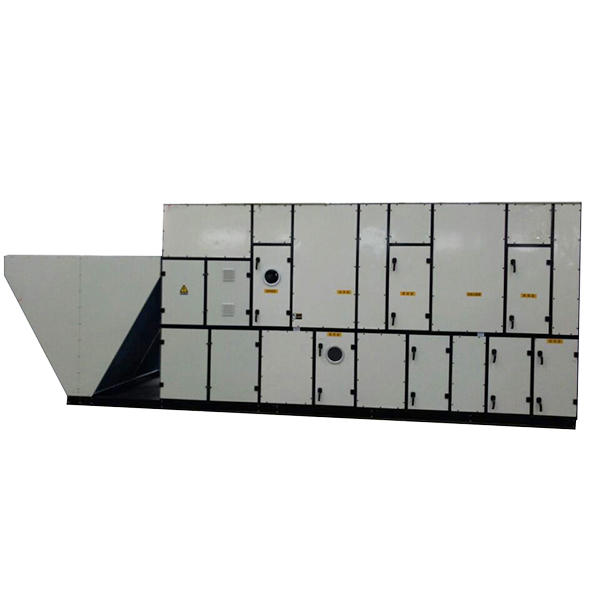
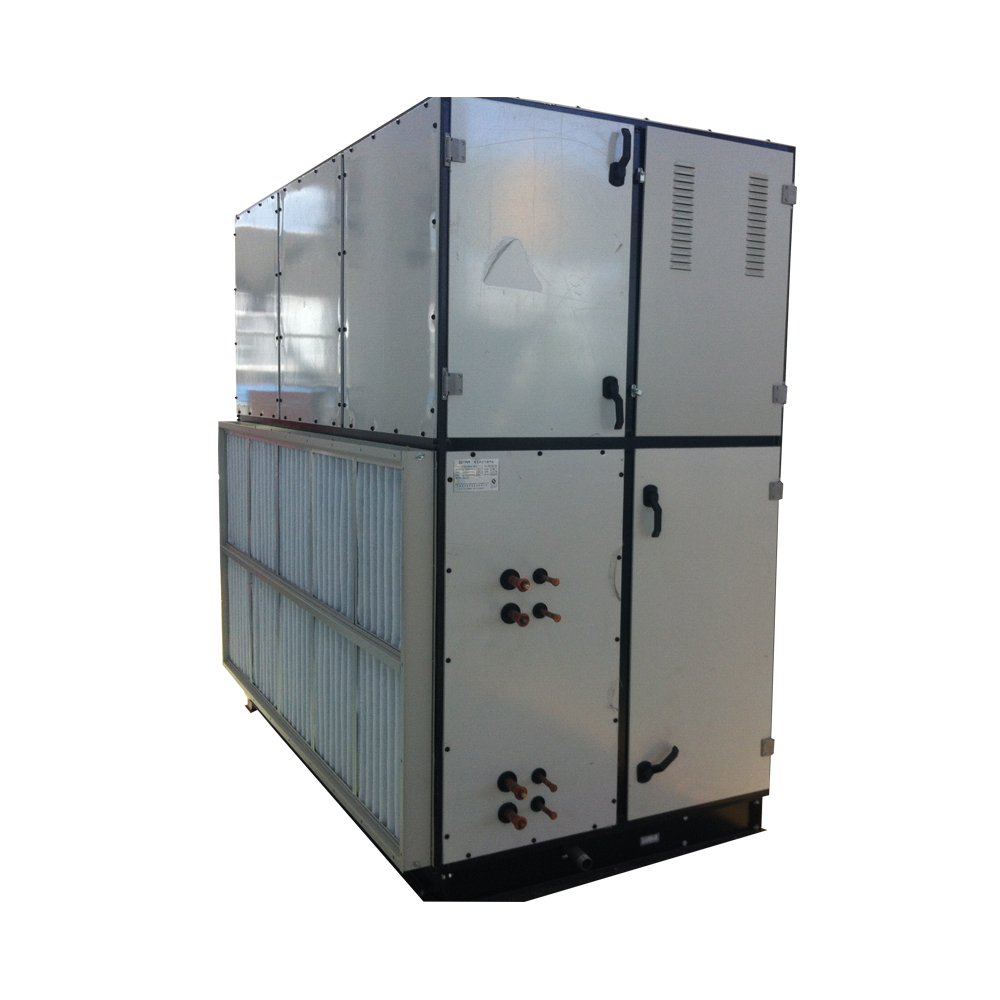
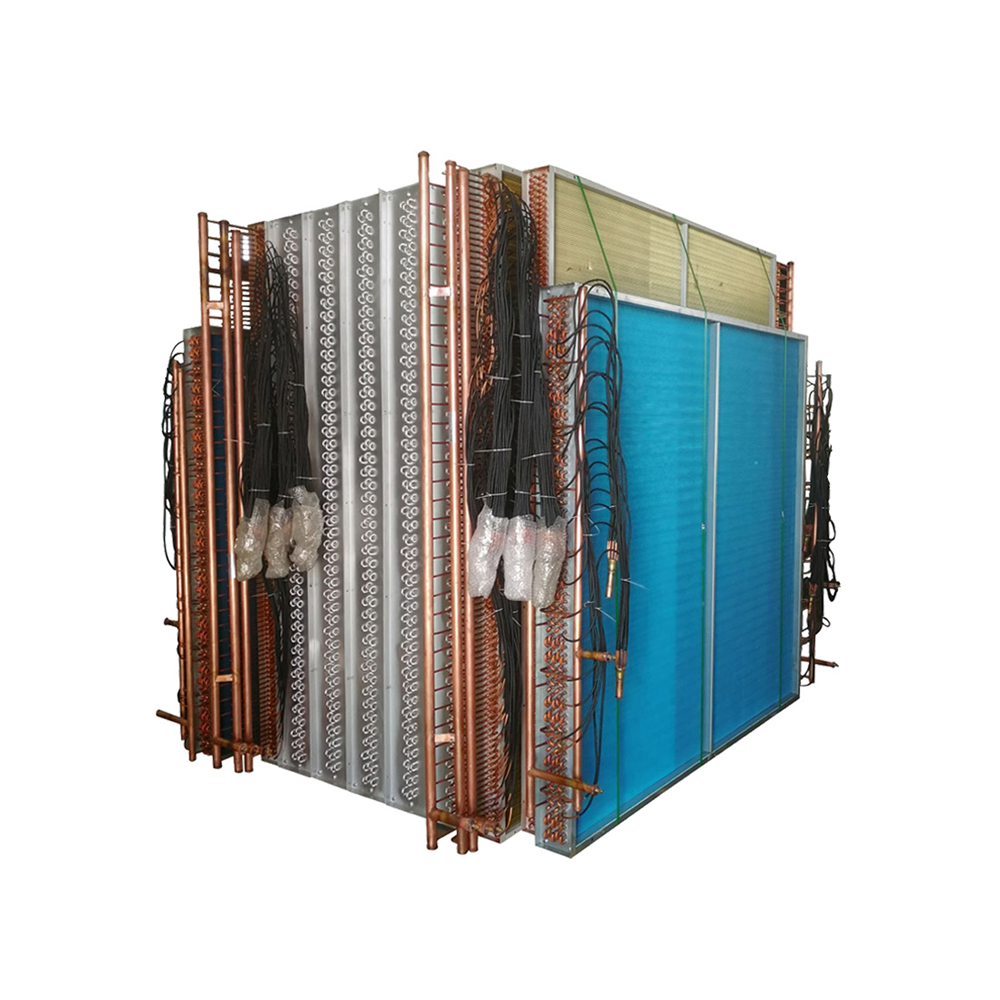
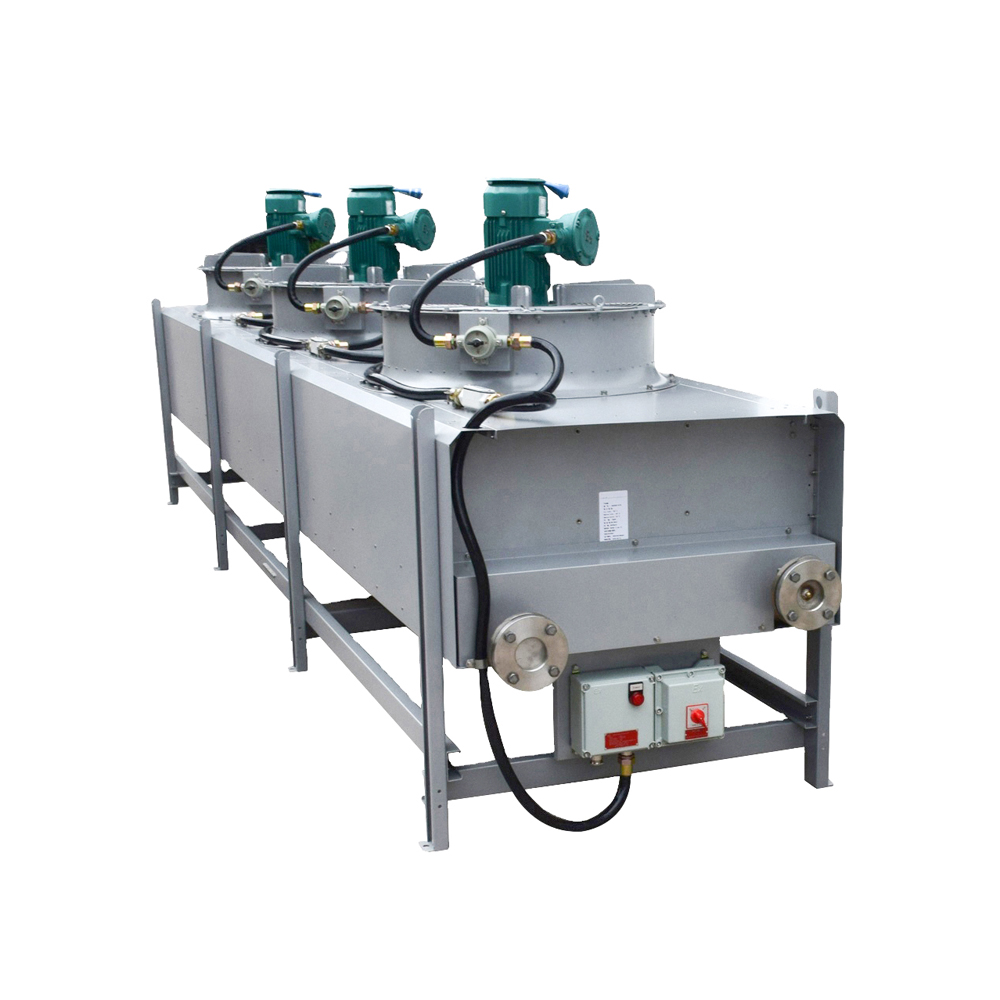
.jpg)

